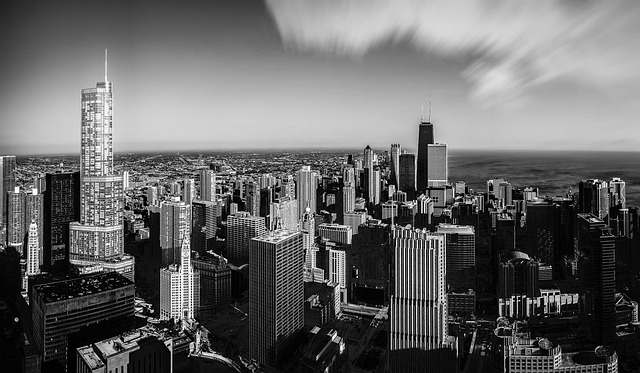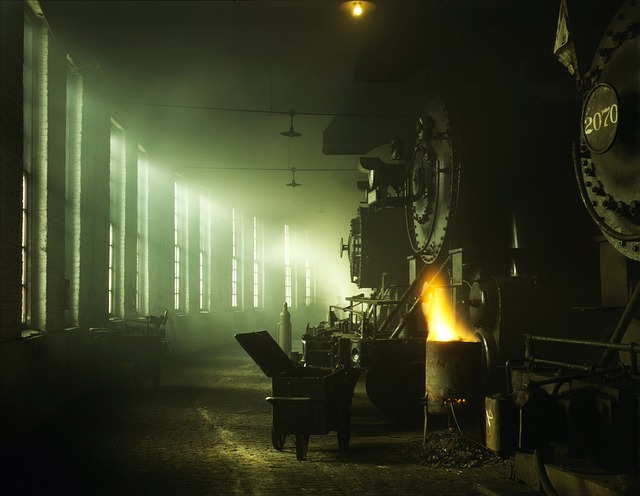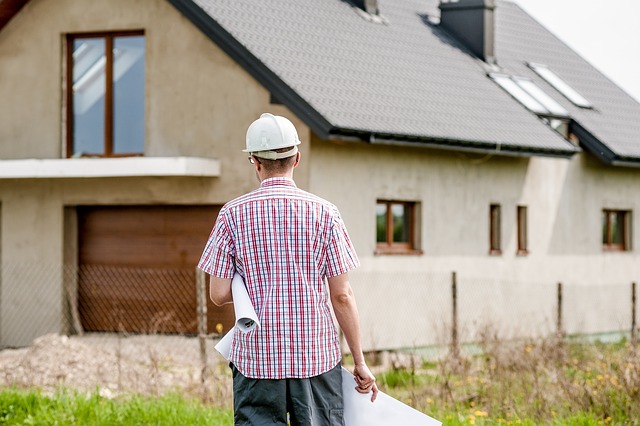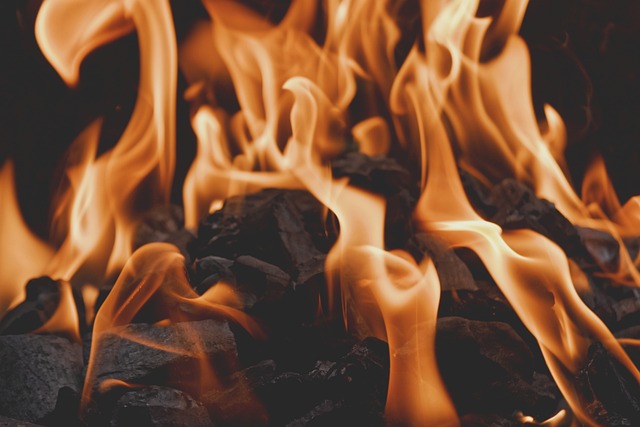Smoke damage from fires in Chicago homes can cause significant, often invisible, destruction, impacting health and property value. Swift action after a fire is key to maximizing property value. Conducting a comprehensive safety assessment and thorough inspection is paramount before remediation. Professional restoration services employ advanced equipment and techniques to restore homes to pre-loss condition, mitigating health risks and increasing market appeal for selling fire-damaged properties in Chicago. Homeowners should document damage, comply with building codes, and engage reputable professionals to protect their rights and ensure a streamlined process.
“In the event of a fire, swift action is crucial for both safety and property preservation in Chicago homes. Smoke damage, often overlooked, can leave lasting effects on structures and indoor air quality. This comprehensive guide explores the intricate process of smoke damage remediation in Illinois. From understanding the causes and assessing safety to professional restoration services, we navigate the path to restoring your home’s value and air quality. Additionally, we delve into legal considerations and insurance claims, offering valuable insights for Chicago homeowners looking to sell their fire-damaged properties.”
- Understanding Smoke Damage: Its Causes and Effects in Chicago Homes
- The Importance of Quick Action After a Fire in Selling Your Home
- Assessment and Safety: Steps to Take Before Remediation Begins
- Professional Smoke Damage Restoration Services in Illinois
- Restoring Your Home's Value and Air Quality After a Fire
- Legal Considerations and Insurance Claims for Fire Damage Remediation
Understanding Smoke Damage: Its Causes and Effects in Chicago Homes
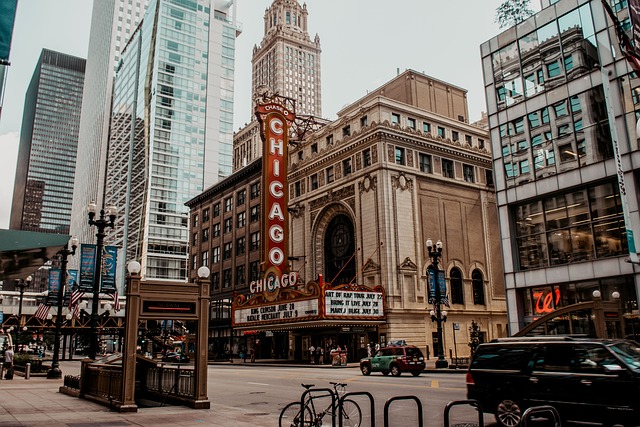
Smoke damage from a fire can leave behind a significant and often invisible trail of destruction in Chicago homes. Understanding the causes and effects is crucial for anyone considering selling a fire-damaged property. The primary sources of smoke include burning materials like wood, fabrics, and plastics, which release various pollutants into the air. These include toxic gases, particulate matter, and volatile organic compounds (VOCs) that can pose health risks to occupants and potential buyers.
The effects of smoke damage extend beyond visible soot marks and odours. It can lead to structural issues due to heat exposure, corrosion of metal surfaces, and degradation of insulation. Additionally, the presence of harmful substances like asbestos or lead-based paint requires specialized handling during remediation. For homeowners in Chicago planning to sell a fire-damaged property, addressing smoke damage is not just about restoring aesthetics; it’s also essential for ensuring the safety and health of future occupants and maintaining the property’s value in the competitive real estate market.
The Importance of Quick Action After a Fire in Selling Your Home
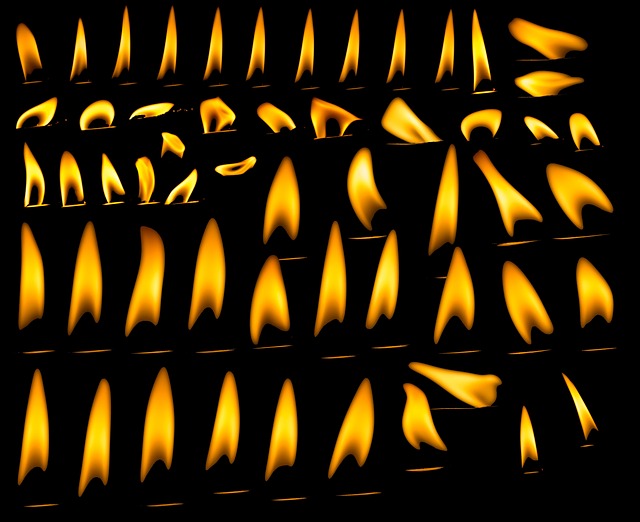
After a fire, quick action is crucial for anyone looking to sell their fire-damaged home in Chicago. The longer you wait, the more chance there is for smoke and soot to penetrate into every nook and cranny, making remediation more complex and costly. Time is of the essence when it comes to preserving the value of your property.
With prompt action, professional remediation can limit secondary damage, prevent long-term issues like mold growth, and increase the home’s appeal to potential buyers. This involves a thorough assessment, containment, and cleaning process that, if executed swiftly, can transform a fire-damaged Chicago home into one ready for the market.
Assessment and Safety: Steps to Take Before Remediation Begins
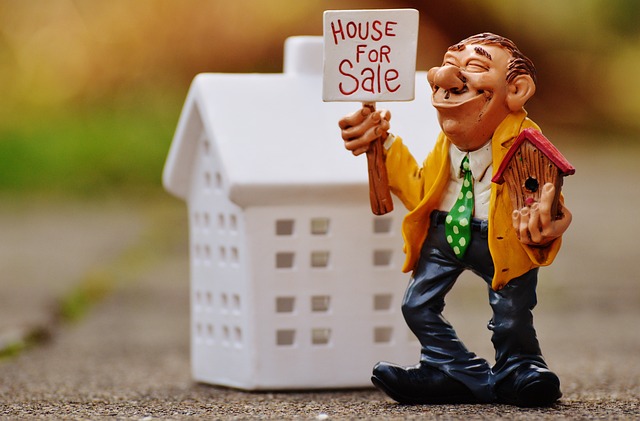
Before any remediation work begins, a thorough assessment and safety check are crucial steps in the process of smoke damage restoration, especially when selling a fire-damaged home in Chicago. The first step is to ensure the safety of everyone involved—residents, remediation workers, and potential buyers (in this case). It’s essential to evacuate the property immediately after a fire and not re-enter until it has been declared structurally sound by professionals.
Once the initial crisis has passed, a professional assessment is required to determine the extent of smoke damage. This involves inspecting every corner of the property, from walls and ceilings to air ducts and personal belongings. Specialized equipment, such as moisture meters and infrared cameras, can help identify hidden areas of water or heat damage, ensuring no stone is left unturned in the remediation process. This step is vital for Chicago homeowners looking to sell their fire-damaged properties, as it sets a clear path toward effective restoration and increases the chances of finding a buyer post-remediation.
Professional Smoke Damage Restoration Services in Illinois
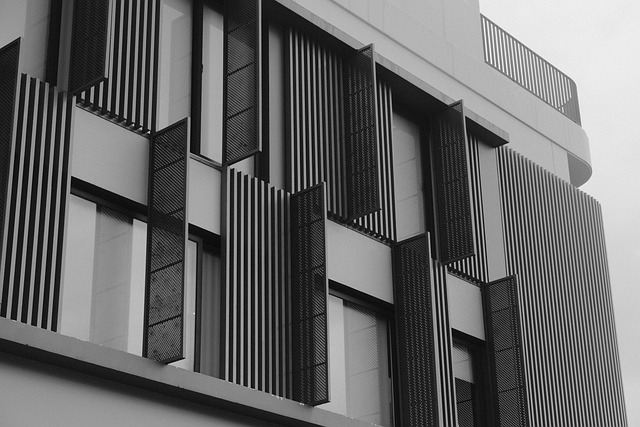
When facing smoke damage, especially after a fire in your Chicago home, it’s crucial to turn to professional restoration services. In Illinois, many companies specialize in smoke damage remediation, offering a comprehensive solution for selling fire-damaged properties. These experts understand the intricacies of restoring homes to their pre-loss condition and the importance of swift action.
Professional restoration teams bring advanced equipment and specialized knowledge to mitigate smoke odor and stains. They employ proven techniques to clean walls, ceilings, and structures, ensuring that any lingering smoke damage is effectively eliminated. This is particularly vital when preparing a home for sale, as potential buyers appreciate a thoroughly restored space. With their expertise, these professionals can transform fire-damaged properties into sellable assets, helping Chicago homeowners navigate the real estate market with confidence.
Restoring Your Home's Value and Air Quality After a Fire
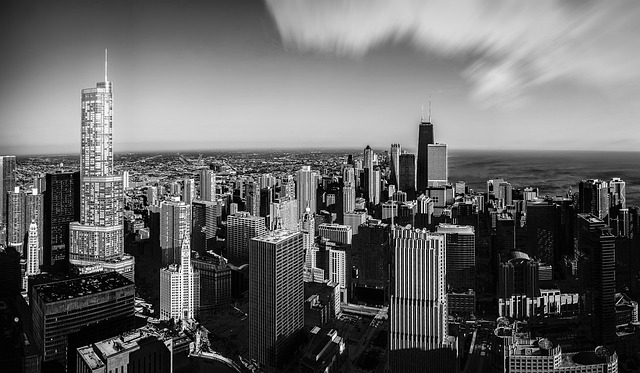
After a fire, restoring your home’s value and air quality is crucial for both emotional healing and financial gain, especially when considering to sell a fire-damaged home in Chicago. The initial steps involve assessing the extent of smoke damage—from surfaces and structures to the air itself. Professional remediation services are essential to mitigate health risks associated with residual smoke and soot particles, ensuring the safety and comfort of future occupants.
Effective restoration methods address both visible and invisible contaminants. This includes deep cleaning, replacing contaminated materials like carpets and insulation, and utilizing advanced air purification systems to eliminate lingering odors and harmful substances. These measures not only enhance the livability of your home but also increase its market value, making it more attractive for potential buyers looking to acquire a fire-damaged property in Chicago.
Legal Considerations and Insurance Claims for Fire Damage Remediation
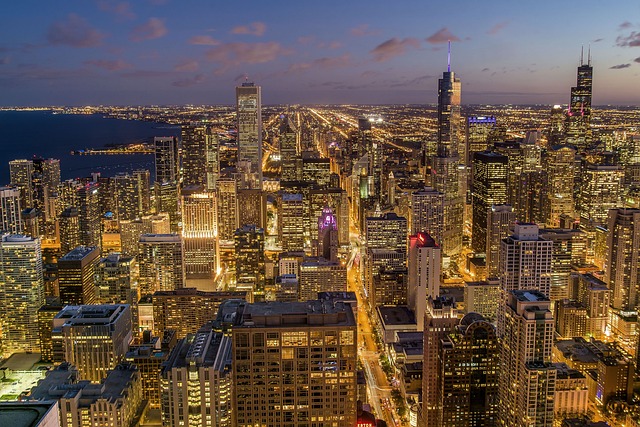
When it comes to smoke damage remediation in Illinois, especially after a fire in your Chicago home, understanding legal considerations and insurance claims is crucial. As a homeowner, you have rights and responsibilities when it comes to restoring your property after a fire. It’s important to document all damages thoroughly—photographing affected areas and keeping records of repair estimates—to support your insurance claim.
In Chicago, selling a fire-damaged home involves navigating legal requirements and potential buyer concerns. Ensure that you comply with local building codes and health regulations during the remediation process. Your insurance provider will play a significant role in guiding you through the claims process, offering compensation for repairs or even rebuilding efforts. Engaging with reputable professionals who specialize in smoke damage restoration can help streamline this process and ensure your rights are protected throughout.
Smoke damage from a fire can significantly impact a Chicago home, affecting both its structure and air quality. Prompt action is crucial, especially when considering to sell your fire-damaged property in Chicago. Engaging professional remediation services in Illinois ensures thorough cleaning, restoration of value, and compliance with legal considerations, making the process smoother for homeowners. Understanding the steps involved, from assessment to insurance claims, is essential in effectively navigating the aftermath of a fire and preparing your home for the market.
